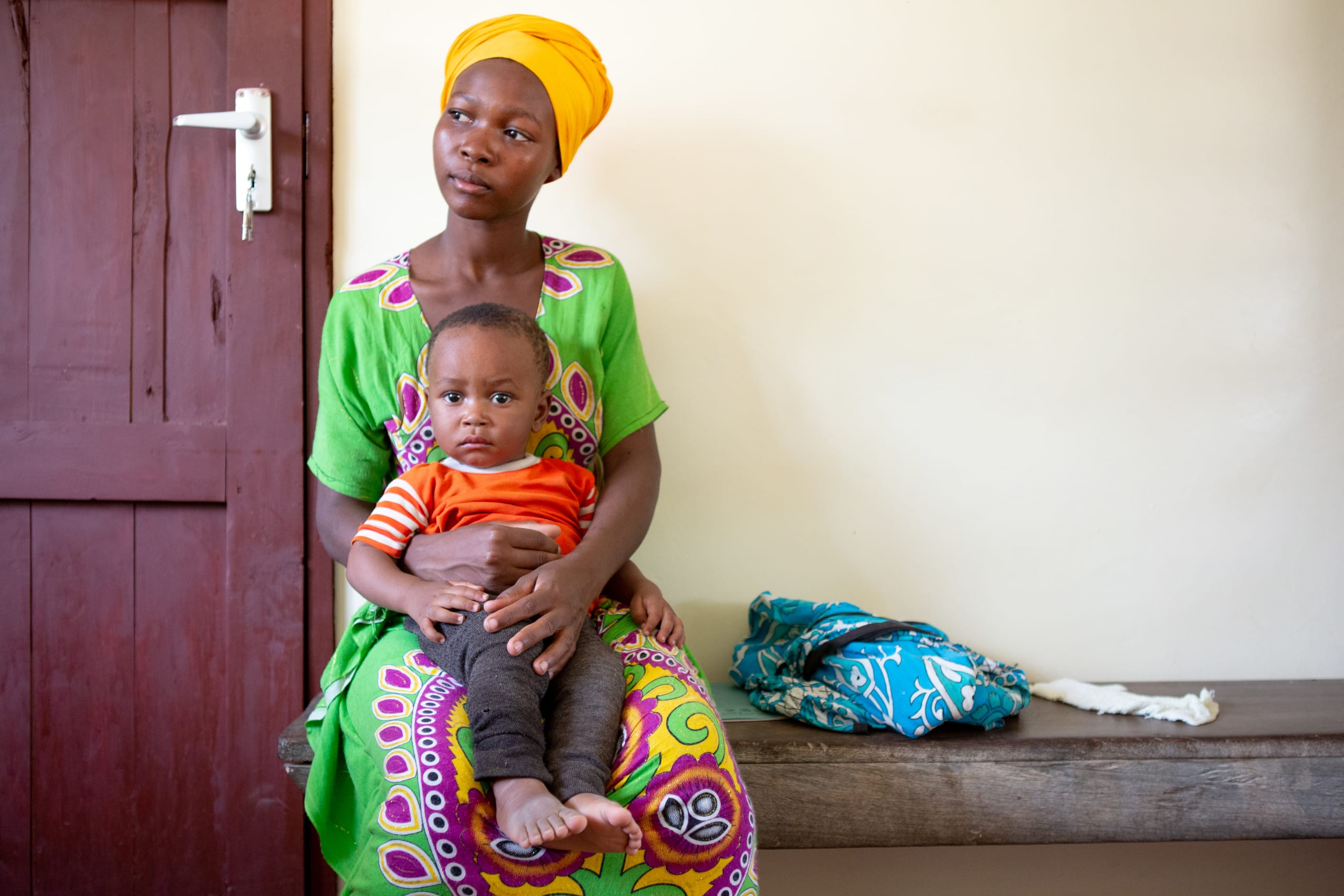PAI Provides Outside Witness Testimony for the U.S. Senate Committee on Appropriations

By: Rebecca Dennis, Senior Legislative Policy Analyst & Shilpa Kothari, Project Manager, Latin America and the Caribbean
Last week, the Trump administration announced plans to end the Temporary Protected Status (TPS) of more than 250,000 Salvadorans, many of whom have legally resided in the U.S. since TPS was granted to them following devastating earthquakes in 2001. The announcement is the latest action by the Trump administration embracing a far-right immigration policy, having already ended TPS for tens of thousands of Haitians, Nicaraguans, and several hundred Sudanese.
Not only does this decision threaten to tear families apart and drive many into the shadows as now undocumented immigrants, but it reflects the Trump administration’s continual disregard for the sexual and reproductive health of women and girls by deporting them to a nation grappling with the highest rates of femicide in the world and unsurmountable barriers to exercising their reproductive rights.
El Salvador was still reeling from the aftermath of its destructive Civil War when two earthquakes struck in January and February 2001, killing over 1,000 and displacing another 1.3 million people. 75,000 Salvadorans were killed in the twelve-year internal conflict (85 percent by the U.S. backed counterinsurgency) and one million displaced, including many children who fled the violence to the United States. Some of these young Salvadoran refugees formed gangs in Los Angeles in the 1980s to protect themselves from other factions. Their forced deportation back to El Salvador in the late 1990s led to the transnational expansion of MS-13 and Barrio 18 as we know them today. These gangs took root in El Salvador as the deportees—many of whom struggled in their new context where they were unable to secure educational or employment opportunities—formed local chapters and began to recruit neighborhood youth. With these gangs, along with the mano dura (iron fist) government efforts to contain them, came a resurgence of brutal and rampant violence which has greatly impacted women and girls.
El Salvador is one of the most dangerous places in the western hemisphere for women and girls due to high rates of physical and sexual violence. Young women and girls are regularly targeted by gangs, raped in disputes between warring gang factions or forced into relationships where they often face further sexual exploitation and violence by members who take them as “girlfriends.” It is this violence that grabs international headlines and has led some girls and their families to flee the country, but violence against women is not only a gang issue. More than a quarter of women in the country have reported experiencing physical or sexual violence at the hands of an intimate partner—a number that would surely increase if violence inflicted by other male family members or acquaintances was taken into account.
Experts cite acceptance of patriarchal and machismo attitudes for creating an environment of severe gender inequality where violence against women is normalized, condoned and treated with impunity. The few cases of gender-based violence (GBV) that are reported to authorities rarely result in convictions, leaving women and girls with little recourse for protection. To make matters worse, the authorities are often perpetrators: 10 percent of women fleeing from violence in El Salvador, Guatemala and Honduras cited the police and other state agents as their aggressors in a 2015 UNHRC survey. In El Salvador, where violence is both normalized and institutionalized, women and girls have little opportunity to escape its reach.
In El Salvador, women who survive sexual violence and experience unwanted pregnancies as a result often have no choice but to continue their pregnancy. El Salvador has some of the most inhumane abortion laws in world, providing no exceptions for women and girls who have become pregnant through rape or for those whose lives are endangered by the continuation of a pregnancy. The country has faced heavy international criticism for their laws—particularly given the high levels of GBV and zealous prosecution—which have sentenced women and girls suffering miscarriages and stillbirths to decades in jail.
Additionally, access to contraception is both disparate and limited due to a combination of social norms, geographic barriers and frequent contraceptive stock-outs in public health facilities. More often than not, women cannot use the contraceptive method of their choice or are given condoms (a male-controlled method) to remedy the situation, overlooking how skewed gender relations impact sexual negotiating power.
The health system, the legislative framework and the authorities of El Salvador are already failing to protect women and girls. With the impending deportation of more than 250,000 Salvadorans from the United States, the situation is unlikely to improve, and will only get worse.
Women who have built lives for themselves and their families in the United States face a difficult and uncertain future when their legal status runs out in 18 months. Many will find themselves displaced again in a country engulfed by violence. Others may decide to remain in the United States by moving into the shadows, forgoing access to healthcare and education, and risking detention and deportation. The fear of deportation itself has been shown to drastically impact women, who often chose not to report domestic violence to U.S. authorities out of concern that doing so could result in their own detention or deportation.
U.S. foreign policy and immigration policy decisions have real consequences for the lives, health and rights of women and girls, as well as their families. Time and time again it’s women and girls who are being failed—not only by a U.S. administration that has turned its back on them, but also by a government in El Salvador that is unable to protect them from endemic violence, yet refuses to give them control of their reproductive health.
We are fighting back against the onslaught of harmful policies that discard reproductive rights.
Stay informed about the issues impacting sexual and reproductive health and rights.
